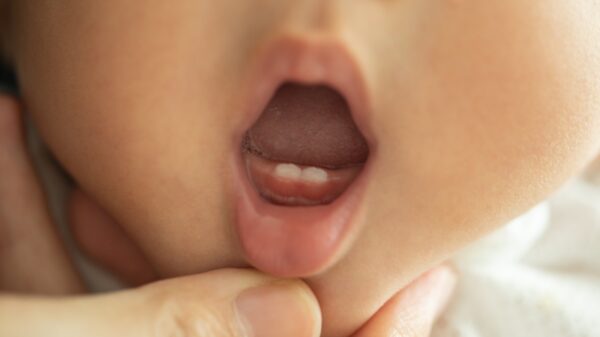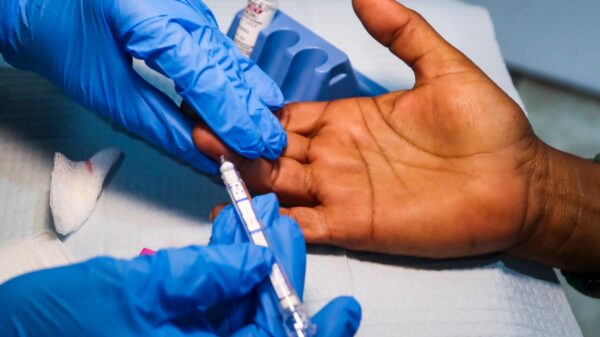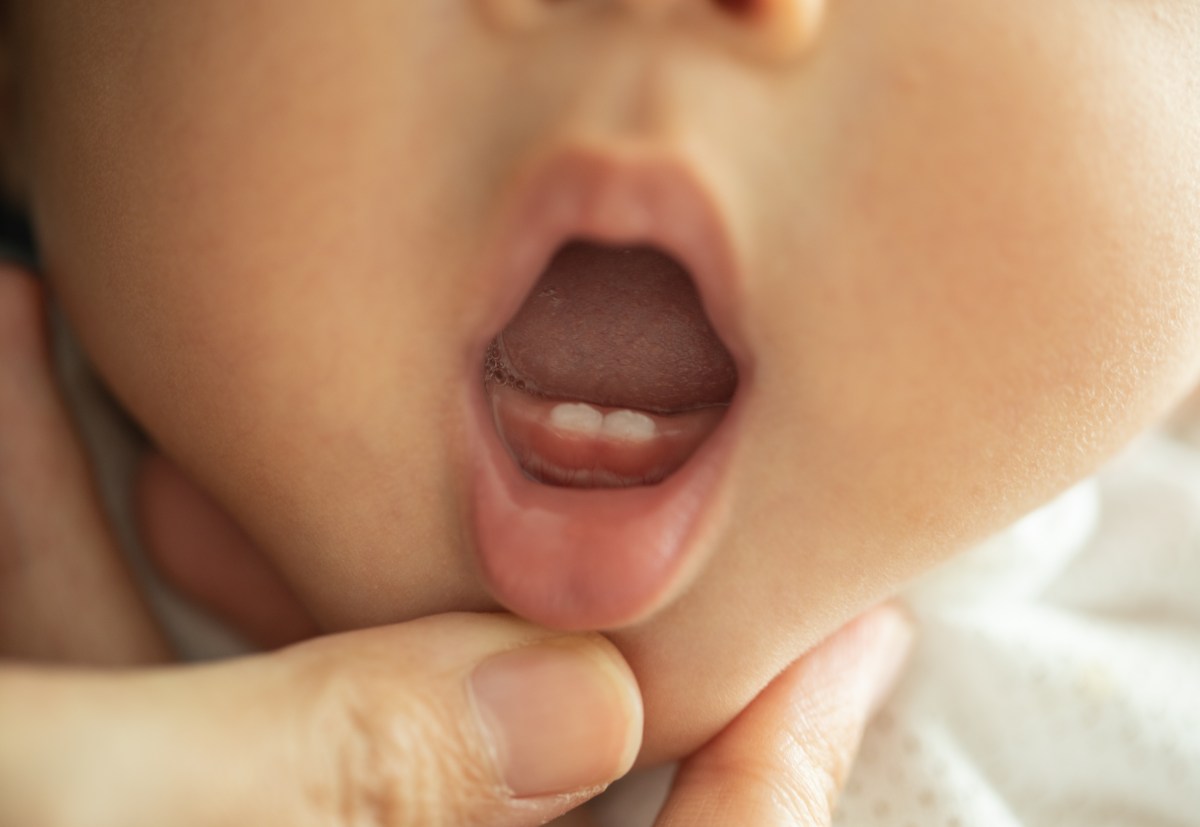BREAKING: A new study from the University of Rochester reveals a startling link between a mother’s stress levels during pregnancy and her baby’s teething timeline. Research indicates that infants born to mothers with elevated levels of the stress hormone cortisol tend to develop their first teeth significantly earlier—sometimes by as much as several months.
The findings, published in the journal Frontiers in Oral Health, show that babies of mothers with high cortisol levels had, on average, four more erupted teeth by the age of six months compared to those with lower cortisol levels. Lead author Dr. Ying Meng, an associate professor at the University of Rochester’s School of Nursing, emphasized the implications of these results. “A mother’s higher levels of stress-related hormones during late pregnancy are associated with the earlier eruption of primary teeth in her infant,” she stated.
Researchers followed a cohort of 142 women from disadvantaged backgrounds across the U.S., collecting saliva samples during the late stages of pregnancy to measure cortisol and other hormones. Their children’s dental development was monitored by dentists over a period of up to 24 months.
This research suggests that prenatal stress can subtly accelerate biological aging in infants, contributing to a growing body of evidence that links maternal stress to altered developmental timelines. “High maternal cortisol during late pregnancy may affect fetal growth and mineral metabolism—key processes for bone and tooth formation,” Dr. Meng explained.
While other hormones such as estradiol, progesterone, and testosterone showed minor connections to quicker teething, cortisol emerged as the most significant factor. The researchers pointed out that these findings could have far-reaching implications for understanding child health and development.
Typically, babies begin teething around six months and complete their set of 20 primary teeth by age three. However, variations are common and now appear to be influenced by prenatal stress, alongside genetics and nutrition.
The study raises critical questions about the biological pathways affected by maternal stress and whether early tooth eruption is indicative of broader developmental concerns. “We still have key questions that need answering,” Dr. Meng added, highlighting the need for future research to explore which maternal hormones significantly influence tooth eruption timing.
This urgent study underscores the importance of mental health support for pregnant women, with potential long-term effects on their children’s health. As the conversation around maternal stress and its impact on child development intensifies, this research invites immediate attention and further investigation.
Stay tuned for updates as researchers delve deeper into the implications of these findings and what they mean for future generations.






































































